|
Me only cruel immortality Consumes: I wither slowly in thine arms, Here at the quiet limit of the world, fourteen billion years after the Primordial Era only too aware that our swan-like Stelliferous Era will after many a year dwindle towards its end and all I have to look forward to is the lights going out one by one across the universe, galaxies coalescing, stars burning down to embers, till luminosity is but a memory. Then will come the Degenerate Era after a hundred or so trillion years when the brand-newness of star-formation is matter for photo-album-nostalgia and there remain only brown dwarfs, white dwarfs, all collapsing inwards, the universe spiralling down the drain swallowed after 10 duodecillion years by the Black Hole Era – till even black holes evaporate gradually bringing about the unending end, the Dark Era, 100100 years of waiting, positrons, boredom and cold in which particles pass one another across the street, barely saying hello. After that, well, there may be something else: belated divine intervention, a crunch, a big rip in which spacetime itself is torn to pieces but I know I will still be here remembering Ilion, remembering you. _______________ * After Alfred Tennyson, ‘Tithonus’ (1860), and Fred Adams and Gregory P. Laughlin, The Five Ages of the Universe: Inside the Physics of the Universe (Simon and Schuster, 1999).  Jonathan Taylor is an author, lecturer, editor and critic. His books include the novels Melissa (Salt, 2015) and Entertaining Strangers (Salt, 2012), the memoir Take Me Home (Granta, 2007), and the poetry collection Musicolepsy (Shoestring, 2013). He is Senior Lecturer in Creative Writing at the University of Leicester. His website is www.jonathanptaylor.co.uk.
1 Comment
Flight of the Guilty Man A Western Town The Stragglers Began to Arrive Autumn Night Battle Sumatran Sunset  W. Jack Savage is a retired broadcaster and educator. He is the author of seven books including Imagination: The Art of W. Jack Savage (wjacksavage.com). To date, more than fifty of Jack’s short stories and over four-hundred of his paintings and drawings have been published worldwide. Jack and his wife Kathy live in Monrovia, California. Previous Chapters Letter 2 – Part 4 Kush Amusing indeed, my dear. Robin and I were introduced to the most intriguing couple, but more of them in a moment. When Robin emerged from his room, about two hours after my discovery of his artwork, and he learned of Mr S’s invitation, he was not immediately agreeable, protesting at first that his makeshift wardrobe was insufficient for the occasion. That proved to be a minor obstacle, what with the remaining items of yours and the clever Mrs O’Hair. You may recall your green wool waistcoat, with the brass buttons. More of Mrs O’s ingenious pleating, along the sides, and the old waistcoat was most serviceable. We added your dark blue neckcloth, craveted in solitaire fashion, and Robin was more than presentable to come calling for tea. With objections over apparel removed, Robin had to acquiesce. Who knows, by getting out and about (in polite company) Robin may make acquaintance which leads to a position. Of course I made no mention of that prospect; I do not want Robin to feel that he is a burden. Felix and Agatha were somewhat sullen because they were not included in Mr S’s invitation, but Mrs O brightened their moods with the promise of teaching them a game from her youth, ‘beggar with the button,’ she called it. Thus there was domestic harmony when Robin and I ventured across the alley at about four o’clock to call at Mr Smythe’s. I had forgotten how much potential for airiness Mr S’s rooms possessed, but unrealized due to the tightly arranged furniture, all a bit oversized, and the heavy draperies. Even the wall art, thickly framed paintings of densely packed crowds, contributed to a claustrophobic sense. However, one could tell Mr S had tidied and primped for the occasion, in addition to doing his best to tame and domesticate his own appearance. He had donned a jacket of regimental red with large, polished buttons (though I doubt the jacket would actually button if called to the task); and a wide, drooping tie of watchman wool knotted securely at this neck. Mr S ushered us into the packed parlor, a room of next to no floor space but abundant seating, as long as one does not object to the intimacies of knees and elbows sometimes brushing. Robin and I had just settled onto a low horsehair sofa, and Mr S was retrieving a plate of sweets to offer us, when the door chimed with the other guests’ arrival. In a moment our host was introducing a quite striking young couple, Mr and Mrs Shelley—he could not have been much beyond his early twenties, and she perhaps still in her teens. Mr Shelley’s charming qualities were immediately apparent, with his blue eyes, sandy locks, and almost feminine cheekbones. He had something of the look of a Roman deity. After a time I decided that the prominence of his cheekbones, in fact all the angularness of his features, was due to his thinness, a thinness which was approaching emaciation. His coat hung loosely about his narrow shoulders. There was also a familiarity about Mr Shelley that pricked at me: I felt certain I had seen him before, though where or how I could not speculate. As distinctive as Mr Shelley’s appearance was, it was his wife who tended to command one’s eye. To describe her, you would find her quite ordinary—light though lusterless hair which she had attempted to style becomingly but it emerged as part bun and part half-formed ringlets framing her pale face. Her eyes, too, were dull. Yet she exerted a strange magnetism. Her look and demeanor intimated that she was the survivor of some terrible shipwreck, that she had come through contrary to the odds, which had been set firmly against her. Though she spoke not of any such event, and it was in her speaking that one could comprehend the affinity between husband and wife. It seemed that Mr S had met them at the bookshop on Marchmont Street. The butchers’ fellow had very kindly conveyed our neighbor there in his cart, aware of the bothersomeness Mr S’s gout. Our neighbor was hoping to acquire some new reading material in trade. He was letting go of a volume on the Roman catacombs, nicely bound and gilt-edged. He was hoping to barter at a one-to-three ratio, he said, or at least one-to-two. He discovered Mr Squire the shopkeeper in conversation with this young couple, just returned to England from the Continent. They had brought in a volume of German folktales, in Deutsch, and a miscellany of wineshops in Montparnasse. Mr. Squire appeared in a cantankerous mood and would not barter but offered a few pennies to purchase them. A history of Pompeii and something about highwaymen of the Italian Alps had struck their fancies—but Mr Squire would not part with them in trade. Mr Smythe, who had taken a chair in the corner of the old shop to await an audience with its capricious keeper, noted the Italian flavoring of the books the young couple had spied, and spoke up, perhaps out of turn, offering his catacombs book for their Bavarian tales—a direct exchange bypassing Mr Squire altogether—and he further suggested that the shopkeeper’s standing offer of a few pennies was more in line with the single volume on Montparnasse vintners, not for two nicely kept books. (At least this is how Mr S accounted the tale of their meeting, with himself playing the role of day-saving hero, and the young people, politely, did not contradict our host.) Mr Squire agreed to the bargain, probably not especially interested in any of the titles in question. The young man introduced himself and his wife as Mr and Mrs Shelley, newly of Marchmont Street themselves. Mr Smythe indicated that he had more volumes that they may be interested in borrowing and invited them for tea upon the following afternoon. And there we all sat. Robin had been the epitome of taciturnity since our arrival, holding his cup and saucer in his lap, not even bothering to sip at his tea, a fine Indian blend with a strong suggestion of orange blossom. Mrs Shelley spoke of their having returned from the Continent. They traveled with a small collection of books—‘Alexandria,’ they called it self-mockingly—which they read thoroughly and repeatedly but were now quite ready for fresh material. ‘Particularly,’ added Mr Shelley, ‘books having to do with Italy.’ They had only just returned from Europe but were already contemplating a Roman holiday. I wanted to bring Robin into the conversation (I know it is unflattering egotism on my part, but I felt a mounting fear that this intriguing young couple, so well-read and so worldly, would think my brother a dullard and mentally deficient and furthermore conclude that it was a family trait)—so I thought if I broached the subject of Robin’s travels, it may encourage him to reveal something of his adventure. In retrospect, perhaps that was as much my motivation—to finally gain some small intelligence of Robin’s time at sea—as much as defending the family capacity for intellect from unfair assessment. ‘My brother has just returned from a three-year exploration, his inaugural captaincy.’ ‘How very fascinating,’ said Mrs Shelley, her eyes sparking with sincerity. The rules of polite conversation clearly called for Robin to join in with something about his destination, if only in the vaguest of terms, yet he remained quite mute. Sitting next to him, at such close quarters, I noticed the tea in his cup; its surface rippling ever so slightly, suggesting his hand or legs or perhaps his whole body had begun to tremble, almost imperceptibly. Inexplicably, my dear, I persisted. ‘Yes, he and his crew explored the polar regions.’ ‘My word, this is quite remarkable. Isn’t it, my love?’ She addressed Mr Shelley of course, who seemed to be paying out attention only by half. ‘Yes,’ he reiterated, ‘quite remarkable.’ Robin, with great effort of control, placed his tea on a side-table cluttered with framed images and returned his hands to his knees, which were drawn up due to the short-legged sofa. I knew that he was trying to summon his nerves to submission. I searched for a way to bring the topic to a close that would not be totally graceless. ‘Perhaps you will be able to read all about his experiences. A gentleman from the Geographical Society approached Robin on the subject of publishing his accounts.’ ‘How wonderful. Congratulations, Mr Walton—or rather, Captain Walton.’ ‘Thank you. I must beg your pardon. Please excuse me.’ And Robin rose from his seat and exited Mr Smythe’s with such haste that no one was able to say much in parting. After an awkward silence, ‘You must excuse my brother. He is only just returned and is recovering from exhaustion.’ ‘Of course,’ said Mrs Shelley. ‘I understand perfectly,’ and she squeezed her husband’s hand. Husband and wife were quite close on a mohair settee. A look came upon Mr Shelley’s face, only for an instant and I couldn’t quite interpret it—but it seemed to carry a hint of anguish. Or perhaps I was seeing an echo of my brother’s physiognomy reflected in this young fellow’s, an echo that had fallen across his countenance like a passing shadow. I am sorry, my love. I am succumbing to my flaw and flair for melodrama. To conclude the episode, I lingered a bit longer at our neighbor’s before returning. Robin had sequestered himself in Maurice’s room and we have neither seen nor heard him since. I must post this wandering epistle on the morrow. Hopefully we will receive a few words from you, my dear. It has been so long and I know the children would love a letter from their ‘Papa.’ You have All my Love, M  Ted Morrissey is the author of four books of fiction as well as two books of scholarship. His works of fiction include the novels An Untimely Frost and Men of Winter, and the novella Weeping with an Ancient God, which was named a Best Book of 2015 by Chicago Book Review. His stories, essays and reviews have appeared in more than forty publications. He teaches in the MFA in Writing program at Lindenwood University. He lives near Springfield, Illinois, where he and his wife Melissa, an educator and children’s author, direct Twelve Winters |
StrandsFiction~Poetry~Translations~Reviews~Interviews~Visual Arts Archives
April 2024
Categories |
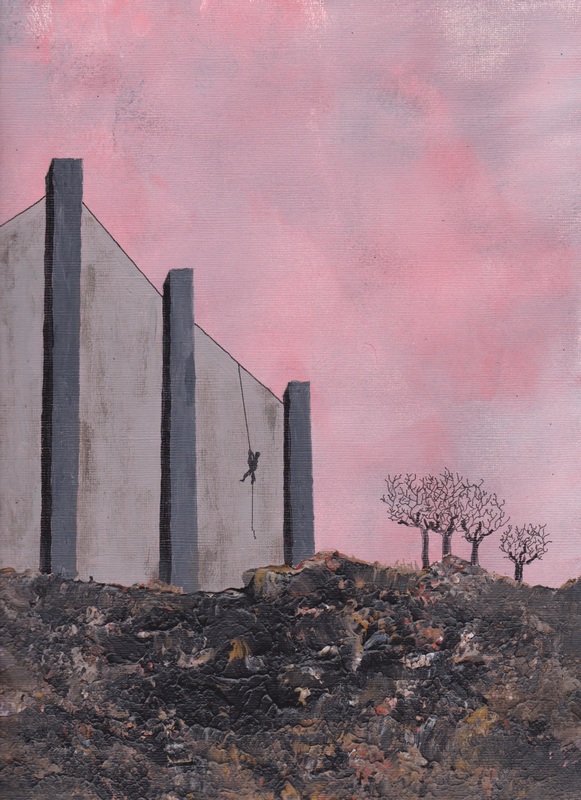

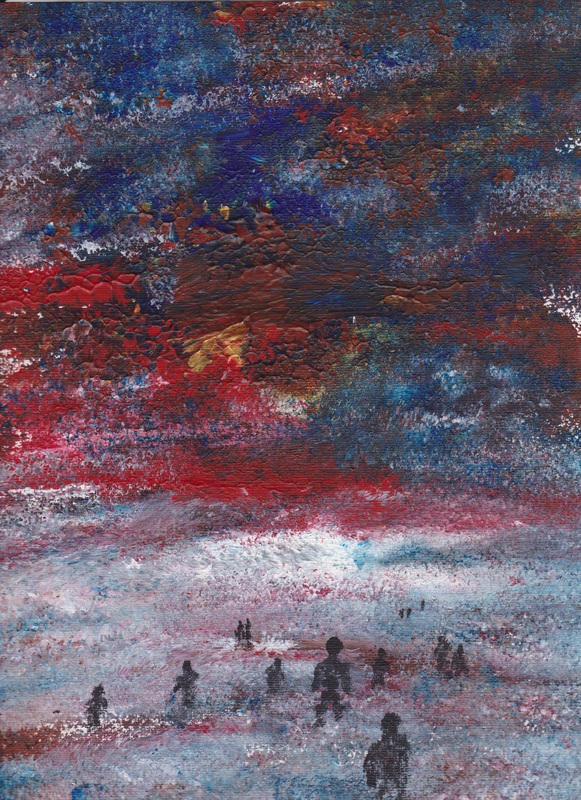
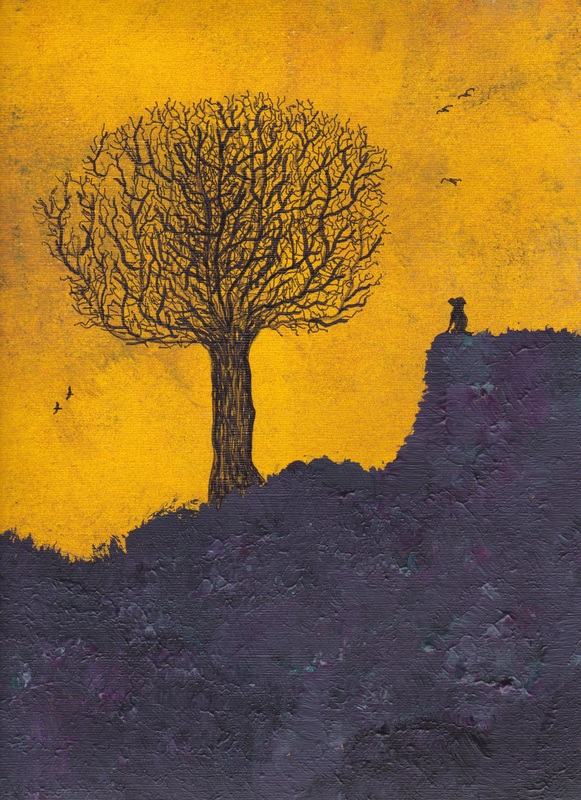
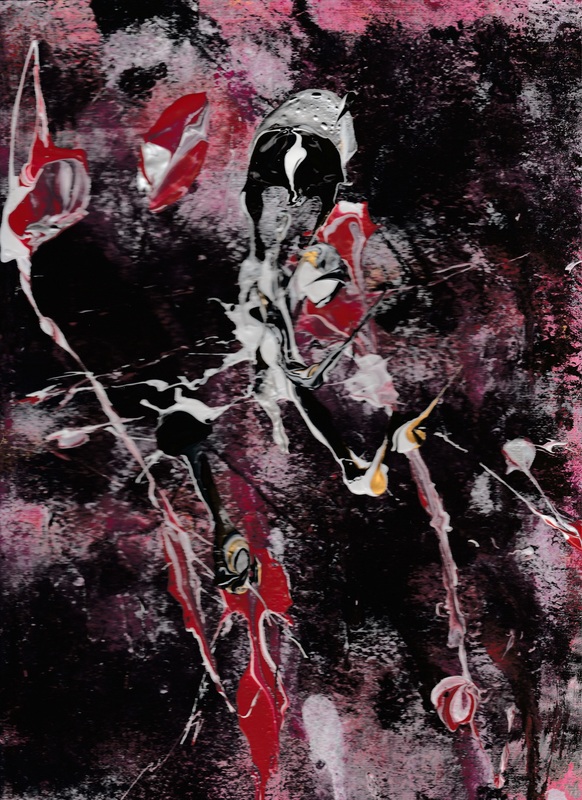
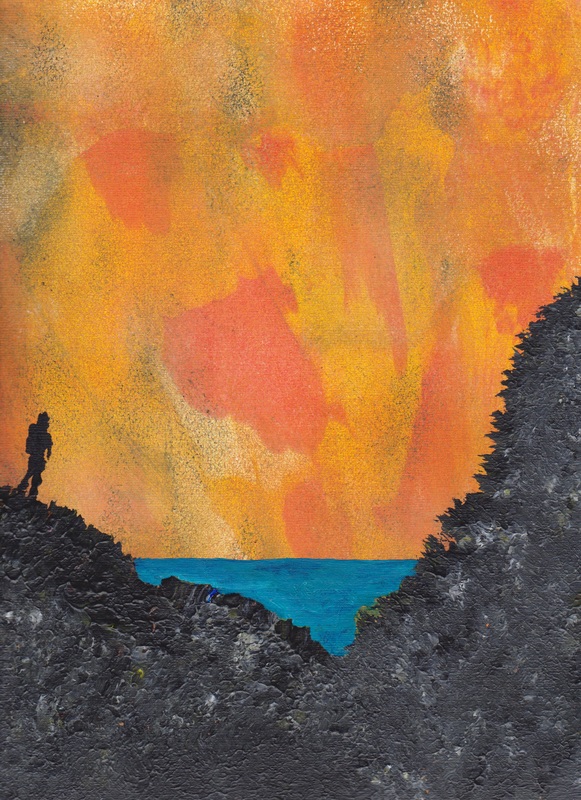
 RSS Feed
RSS Feed